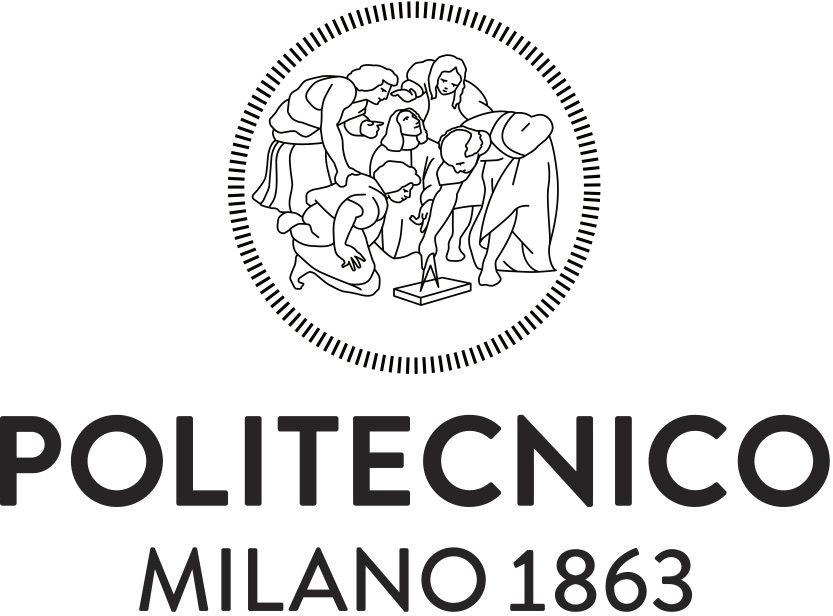We will join and contribute to the final TRIGGER conference is scheduled for May 31st, 2022 in Brussels. The theme is: "Rethinking the EU’s role in global governance". In this context, the TRIGGER project is going to present the main research outcomes of the H2020 research program that started in 2018, setting the stage for the collaboration … Continue reading The Final TRIGGER Conference
Author: Marco Brambilla
Analysis of Online Reviews for Evaluating the Quality of Cultural Tourism
we explored if social media and online review platforms can be a good source of quantitative evaluation of service quality of cultural venues, such as museums, theaters and so on.
A Model-Driven Approach for Multi-experience Development Platforms
Our recent research tackles the application of model-driven techniques to the development of software applications embedding a multiexperience UI.
Large-Scale Analysis of On-line Conversation about Vaccines before COVID-19
Frequent words and co-occurrences used by pro-vaccination and anti-vaccination communities. In this study, we map the Twitter discourse around vaccinations in English along four years, in order to: discover the volumes and trends of the conversation; compare the discussion on Twitter with newspapers’ content; and classify people as pro- or anti- vaccination and explore how … Continue reading Large-Scale Analysis of On-line Conversation about Vaccines before COVID-19
Call for good practices proven effective in the management and containment of the COVID-19 pandemic effects on economy, society, and healthcare
PERISCOPE (“Pan-European Response to the Impacts of COVID-19 and future Pandemics and Epidemics”) is a large-scale project that aims at mapping and analysing the impacts of the COVID-19 pandemic, developing solutions and guidance for policymakers and health authorities on how to mitigate the impact of the pandemic, and enhancing Europe’s preparedness for future similar events. We … Continue reading Call for good practices proven effective in the management and containment of the COVID-19 pandemic effects on economy, society, and healthcare
PERISCOPE: the EU project on socio-economic and behavioral impacts of the COVID-19 pandemic
Starting today, our team at the Data Science Lab Polimi will participate to the PERISCOPE European project. PERISCOPE will investigate the broad socio-economic and behavioral impacts of the COVID-19 pandemic, to make Europe more resilient and prepared for future large-scale risks. The European Commission approved PERISCOPE (PAN-EUROPEAN RESPONSE TO THE IMPACTS OF COVID-19 AND FUTURE … Continue reading PERISCOPE: the EU project on socio-economic and behavioral impacts of the COVID-19 pandemic
Generation of Realistic Navigation Paths for Web Site Testing using RNNs and GANs
we propose a method that focuses on the generation of REALISTIC NAVIGATIONAL PATHS, i.e., web logs. Our approach is extremely relevant because it can at the same time tackle the problem of lack of publicly available data about web navigation logs, and also be adopted in industry for AUTOMATIC GENERATION OF REALISTIC TEST SETTINGS of Web sites yet to be deployed.
Coronavirus stories and data
Coronavirus COVID-19 is an extreme challenge for our society, economy, and individual life. However, governments should have learnt from each other. The impact has been spreading slowly across countries. There has been plenty of time to take action. But apparently people and government can’t grasp the risk until it’s onto them. And the way European … Continue reading Coronavirus stories and data
Data Science for Business Innovation. Live courses for executives and managers in Italy and The Netherlands
Starting October 2019, we open a new opportunity for companies: a 2-day hands-on course on Data-driven innovation for executive and managers. The course is specially developed for executives, managers, and decision-makers that need to handle the foundations of data analysis for taking informed decisions on data-driven business, innovation path and strategies within the enterprise. It … Continue reading Data Science for Business Innovation. Live courses for executives and managers in Italy and The Netherlands
Are open source projects governed by rich clubs?
we analyze open source projects to determine whether they exhibit a rich-club behavior, that is a phenomenon where contributors with a high number of collaborations are likely to cooperate with other well-connected individuals. The presence or absence of a rich-club has an impact on the sustainability and robustness of the project. We build and study a dataset with the 100 most popular projects in GitHub.






